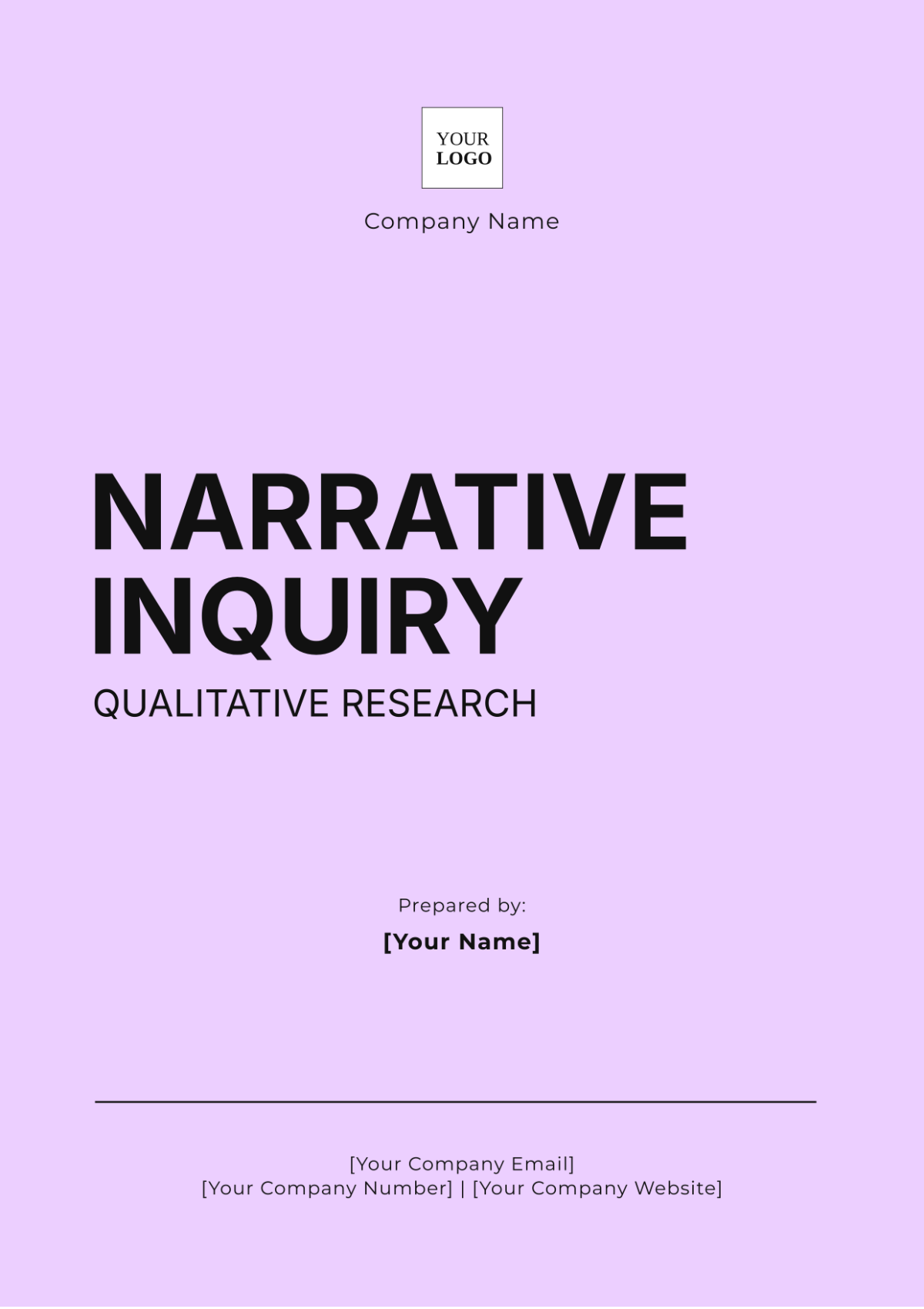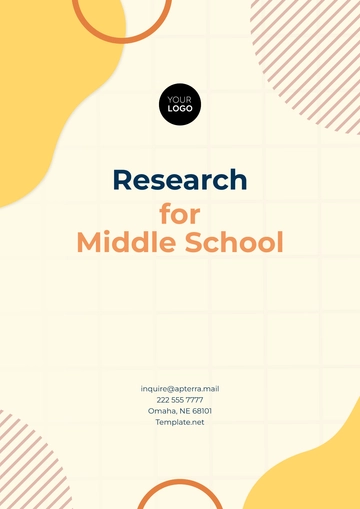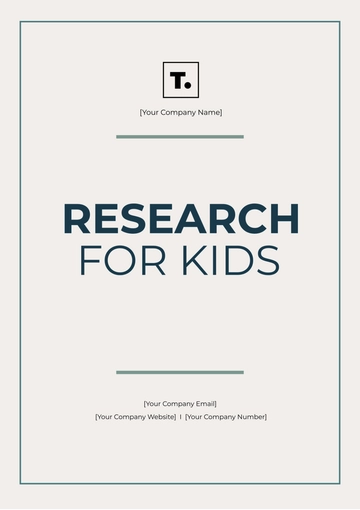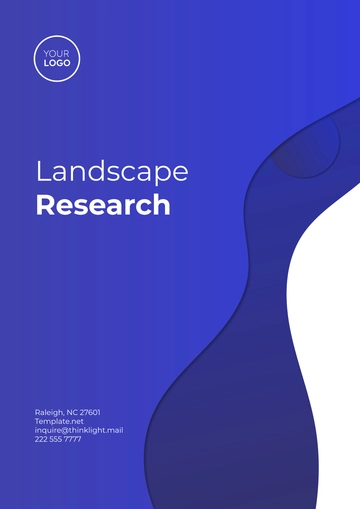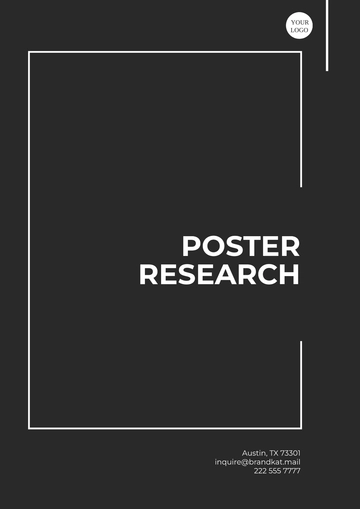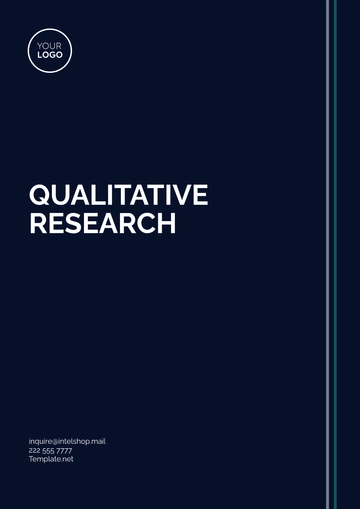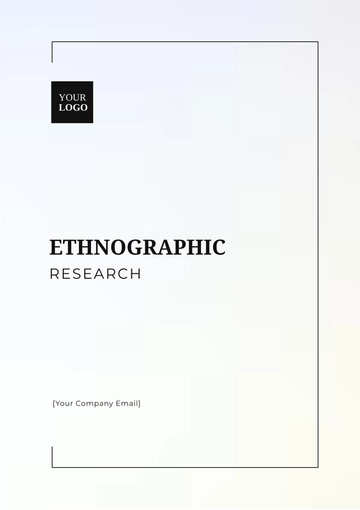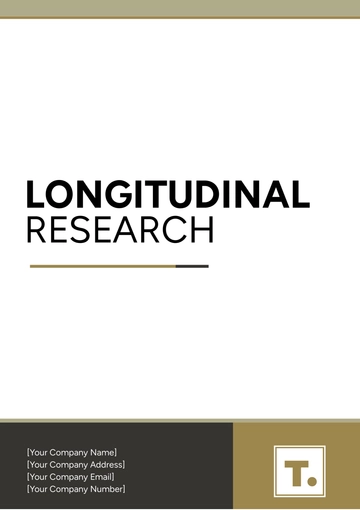Narrative Inquiry Qualitative Research
I. Introduction
Narrative inquiry is a qualitative research methodology that delves into the personal stories of individuals, examining the experiences and meanings they attribute to their lives. By exploring these narratives, researchers can gain profound insights into human behavior, cultural contexts, and social phenomena, uncovering the deeper layers of personal and collective experiences.
II. Definition and Scope
Narrative inquiry focuses on the collection and analysis of stories to understand how individuals interpret and make sense of their experiences. This approach is defined by its emphasis on personal accounts, storytelling, and the subjective ways in which people view their world. It provides a comprehensive look at how narratives shape and reflect personal and social realities.
III. Key Characteristics
Emphasis on Personal Stories: Central to narrative inquiry is the examination of individual stories and their significance.
Focus on Subjective Experiences: The approach prioritizes personal perceptions and meanings rather than objective data.
Contextual Analysis: It explores narratives within their specific contexts, considering the environment and circumstances surrounding the stories.
Holistic Approach: Narrative inquiry offers a well-rounded view by integrating multiple aspects of individual experiences.
Temporal Structure: It considers how narratives span different times in the past, present, and future, shaping the overall understanding of the story.
IV. Methodology
A. Data Collection
Narrative data is gathered through various methods, including:
Interviews: Direct conversations that elicit personal stories and reflections.
Personal narratives, or autobiographies, are self-authored accounts that provide deep insights into individual experiences.
Field Notes: Observations and reflections recorded during research.
Letters: written correspondence that captures personal perspectives and experiences.
Diaries are personal journals documenting ongoing experiences and thoughts.
Artifacts: objects such as photographs that offer contextual background and emotional depth.
B. Data Analysis
Analyzing narrative data involves several key steps:
Transcription: converting oral narratives into written text to facilitate detailed analysis.
Coding: identifying and categorizing themes, patterns, and significant events within the narratives.
Structural Analysis: Examining the narrative’s overall structure and plot to understand its construction.
Thematic Analysis: Identifying and analyzing recurring themes and motifs throughout the narratives.
Restorying: Reconstructing narratives to emphasize significant aspects and insights, providing a clearer understanding of the data.
V. Applications
Narrative inquiry is versatile and can be applied in various fields, such as:
Healthcare: Understanding patient experiences and the impact of medical treatments.
Education: Exploring identity and self-perception within educational environments.
Social Sciences: Investigating cultural and social influences on individual behavior.
Organizational Studies: Examining leadership narratives and their effects on organizational dynamics.
VI. Strengths and Limitations
A. Strengths
In-Depth Understanding: Provides a rich and nuanced understanding of individual experiences.
Rich Contextual Data: Captures the complexity and subtleties of human experiences within specific contexts.
Flexible Methodology: Adaptable to various research questions and settings.
B. Limitations
Subjectivity: The focus on personal narratives can introduce researcher bias and subjectivity.
Time-Consuming: The collection and analysis of narrative data can be lengthy and labor-intensive.
Limited Generalizability: Findings may not be widely applicable beyond the specific contexts studied.
Challenges in Anonymity: Maintaining participant anonymity can be difficult when dealing with detailed personal stories.
VII. Ethical Considerations
Ethical issues in narrative inquiry include:
Informed Consent: Ensuring participants are fully aware of the research and its implications.
Confidentiality and Anonymity: Protecting participants' identities and personal information.
Respect for Participants' Stories: Honoring the integrity and significance of the narratives shared.
Avoiding Harm: Ensuring that the research does not cause distress or harm to participants.
Researchers' Reflexivity: Being mindful of the researchers' influence on the research process and outcomes.
VIII. Conclusion
Narrative inquiry offers a powerful framework for exploring and understanding human experiences through personal stories and subjective meanings. Despite its challenges and limitations, it provides invaluable insights into the complexities of human life, making it a valuable approach in qualitative research.
IX. References
Chase, S. E. (2005). Narrative Inquiry: Multiple Lenses, Approaches, and Voices. In N. K. Denzin & Y. S. Lincoln (Eds.), The Sage Handbook of Qualitative Research (pp. 651-679). Thousand Oaks, CA: Sage Publications.
Clandinin, D. J., & Connelly, F. M. (2000). Narrative Inquiry: Experience and Story in Qualitative Research. San Francisco, CA: Jossey-Bass.
Riessman, C. K. (2008). Narrative Methods for the Human Sciences. Thousand Oaks, CA: Sage Publications.
Research Templates @ Template.net
